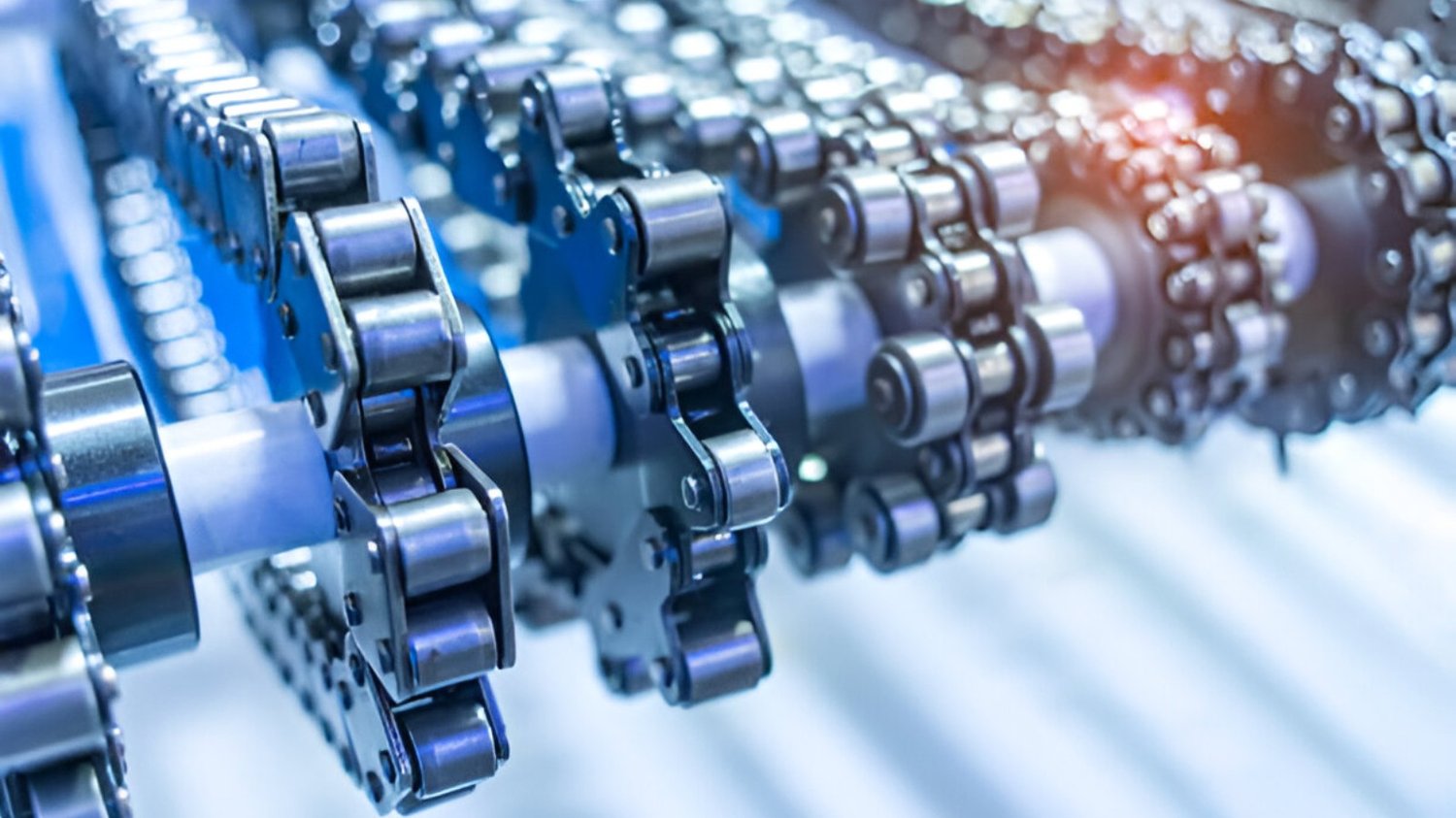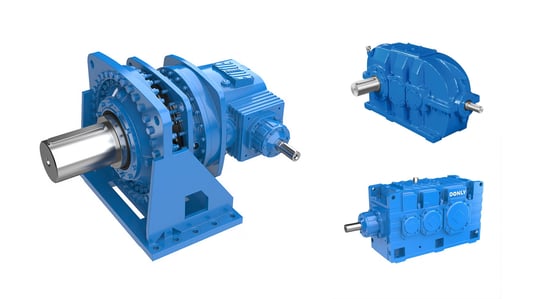What is a twin clutch gearbox?A twin clutch gearbox, also known as a dual-clutch transmission, is a type of automatic transmission that allows for seamless and quick gear shifts. It utilizes two separate clutches for odd and even gears, resulting in lightning-fast shifts.How does a Twin Clutch Gearbox Work?One clutch manages the odd gears while the other handles the even gears. This allows for pre-selection of the next gear, leading to almost instantaneous gear changes without any interruption in power delivery.Benefits of a Twin Clutch GearboxThe main advantage of a twin clutch gearbox is its ability to provide smooth and rapid gear changes, resulting in improved performance and fuel efficiency. It also offers a more engaging driving experience, especially in sporty and high-performance vehicles.Applications of Twin Clutch Gearbox TechnologyTwin clutch gearboxes are commonly used in high-performance sports cars, such as the Volkswagen Golf GTI and the Audi R8. However, they are also finding their way into more mainstream vehicles due to their efficiency and convenience.Comparison with Traditional Automatic TransmissionsUnlike traditional automatic transmissions, twin clutch gearboxes do not have a torque converter, which can lead to power loss. They are also more responsive and offer better fuel efficiency, making them a popular choice among driving enthusiasts.Challenges and LimitationsOne of the main challenges of twin clutch gearboxes is their complexity, which can lead to higher maintenance costs. They can also be jerky at low speeds, which may not be ideal for stop-and-go city driving.Future Developments in Twin Clutch Gearbox TechnologyManufacturers are constantly working to improve twin clutch gearbox technology, with a focus on reducing weight, increasing efficiency, and enhancing durability. There is also a growing trend towards integrating hybrid technology with twin clutch gearboxes for even greater performance.Choosing the Right Twin Clutch Gearbox for Your VehicleWhen selecting a vehicle with a twin clutch gearbox, it is essential to consider factors such as driving style, performance requirements, and budget. Some models offer different driving modes to adjust the gearbox's behavior to suit various driving conditions.Maintaining a Twin Clutch GearboxRegular maintenance is crucial to ensure the longevity and performance of a twin clutch gearbox. This includes changing the transmission fluid at recommended intervals and having the gearbox inspected by a professional mechanic if any issues arise.ConclusionIn conclusion, twin clutch gearboxes represent the cutting edge of transmission technology, offering a blend of performance, efficiency, and driving enjoyment. As this technology continues to evolve, we can expect to see even more advancements in the future.Quote Inquirycontact us










